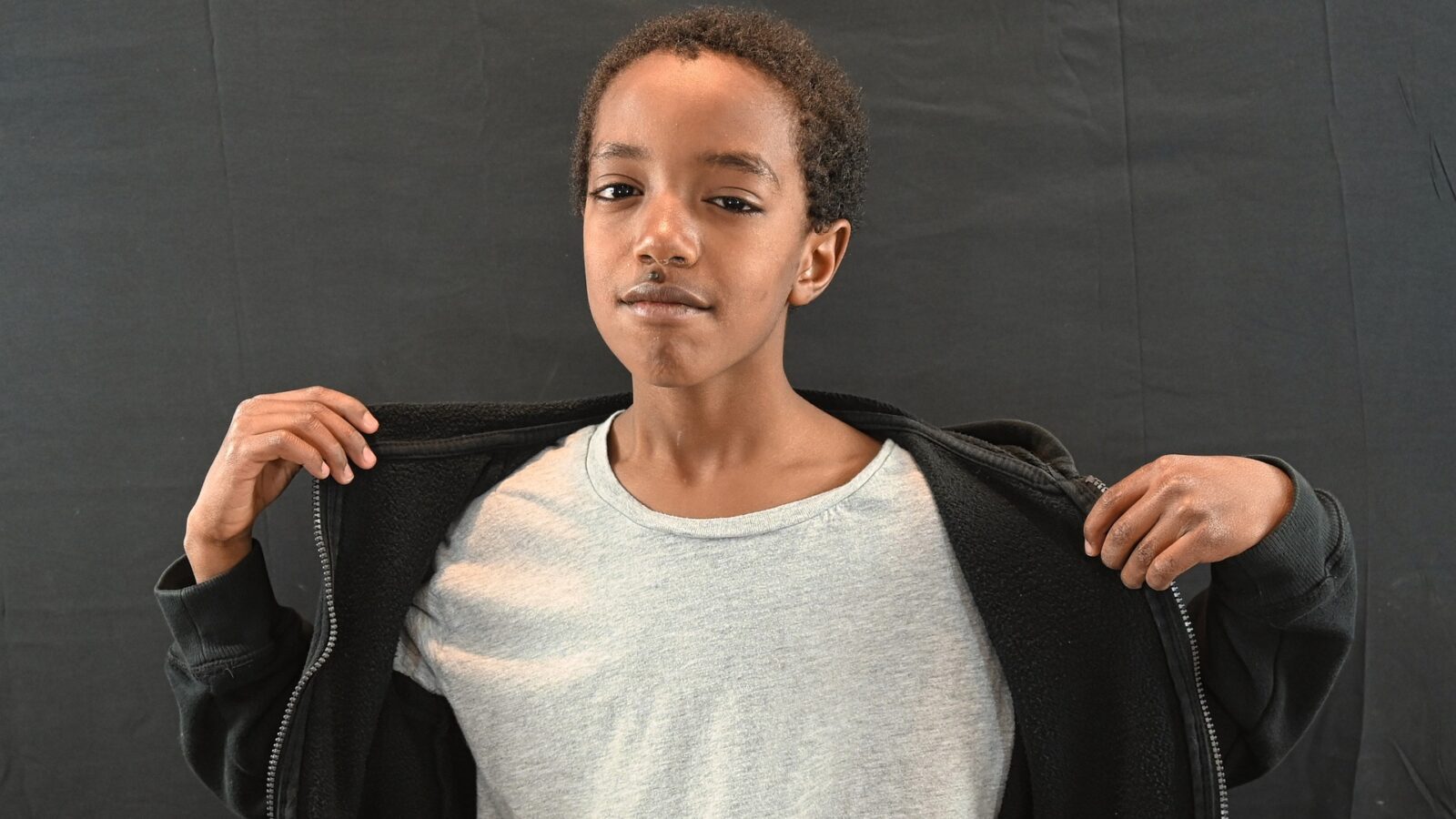“I am the best reader in the whole class!”
“I am so much smarter than all of my friends.”
Sound familiar? There are several reasons that children brag. They are still learning how to navigate socially in this world, and it is our job as parents to help guide them with love and compassion.
Reasons your child may be bragging
- If your child is bragging, it may indicate low self-esteem, lacks self-confidence, or be immature. Therefore, bragging for your child helps them to feel better by making them more significant and more inflated than they are. Also, by enhancing their experiences and accomplishments, they pivot themselves onto a higher plane than their peers. For example, if your child has something more than their friend or something better than their friend and feels insecure, expanded achievements can make others appear less and elevate their status.
- Your child may be bragging to establish his position in the family and the outer world. For example, a middle child who feels lost in his parent’s attention may brag about finding a space to feel special. All children want to be accepted and loved, and sometimes bragging is their effort to feel accepted and loved.
- Your child may be bragging to feel important and gain attention. Because children don’t have the social or coping skills that adults often do, bragging can become a technique they use to find and create friendships. Meanwhile, they are unaware that bragging can make others move away from them and even dislike them. Therefore, since bragging is anti-social behavior, it can heighten your child’s sensitivity towards insecurity and loneliness.
- Your bragging child may be modeling or imitating mom, dad, brother, or sister. We are social animals, and we learn through social modeling. Children often imitate what they see and what seems to work for others.
So what can you do if your child brags?
To curb bragging, it is essential for parents to help develop a child’s feelings of self-confidence and good self-esteem.
- You can follow my Empathic Process. Discuss with your child, in a non-defensive and non-threatening way, how others feel about bragging and why it’s not working for him.
- Teach your child better social skills and cues. Practice and rehearse those social skills at home until they become second nature to your child. Through role modeling and creating new and healthier habits for social interactions, you will teach your child how to make friendships with confidence and competence.
- Help your child understand that others dislike bragging and avoid people that brag. You might ask how he feels when his friends brag and what he thinks of friends that brag.
- Teach your child that they are valued and loved unconditionally. Doing so will open the door for successful friendship experiences that will grow with your child.
- Remember to know your child and listen to your child. Then, you can offer praise when it is earned and love unconditionally.
- Finally, be what you want to see. Your children will mimic your behavior. Don’t brag about yourself, or you will be sowing the seeds for this behavior within your family.
By making sure your child knows how important and loved he is, he will not need to make himself larger in the eyes of others. Remember: children are vulnerable; they need to be noticed and seen to feel that you are proud of them and that you appreciate and love them for who they are so that they don’t have to brag about feeling good about themselves or about feeling as if they belong. This will help your child find his place in your family and social circle.


